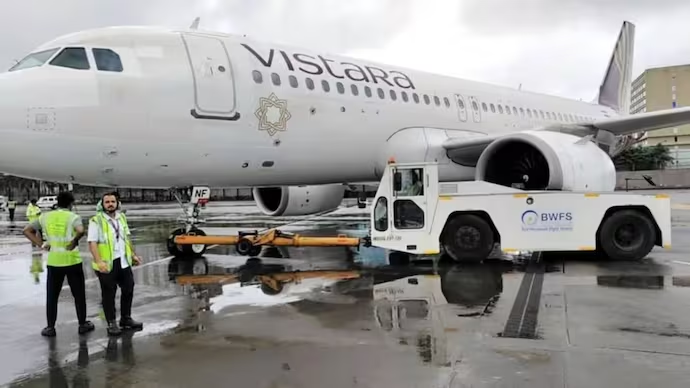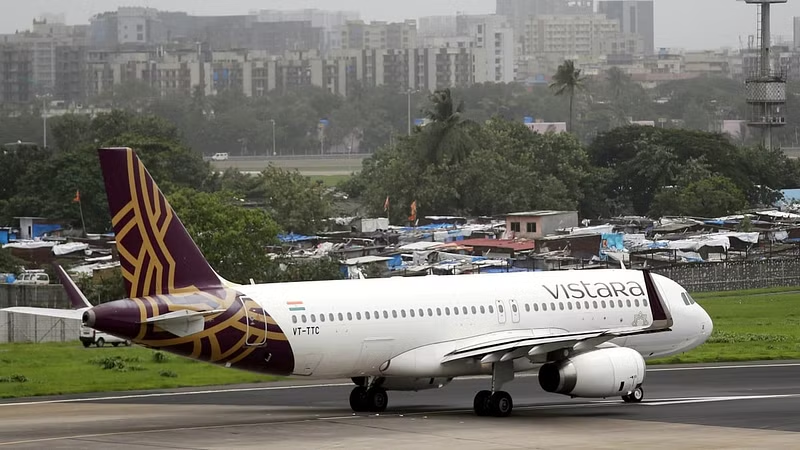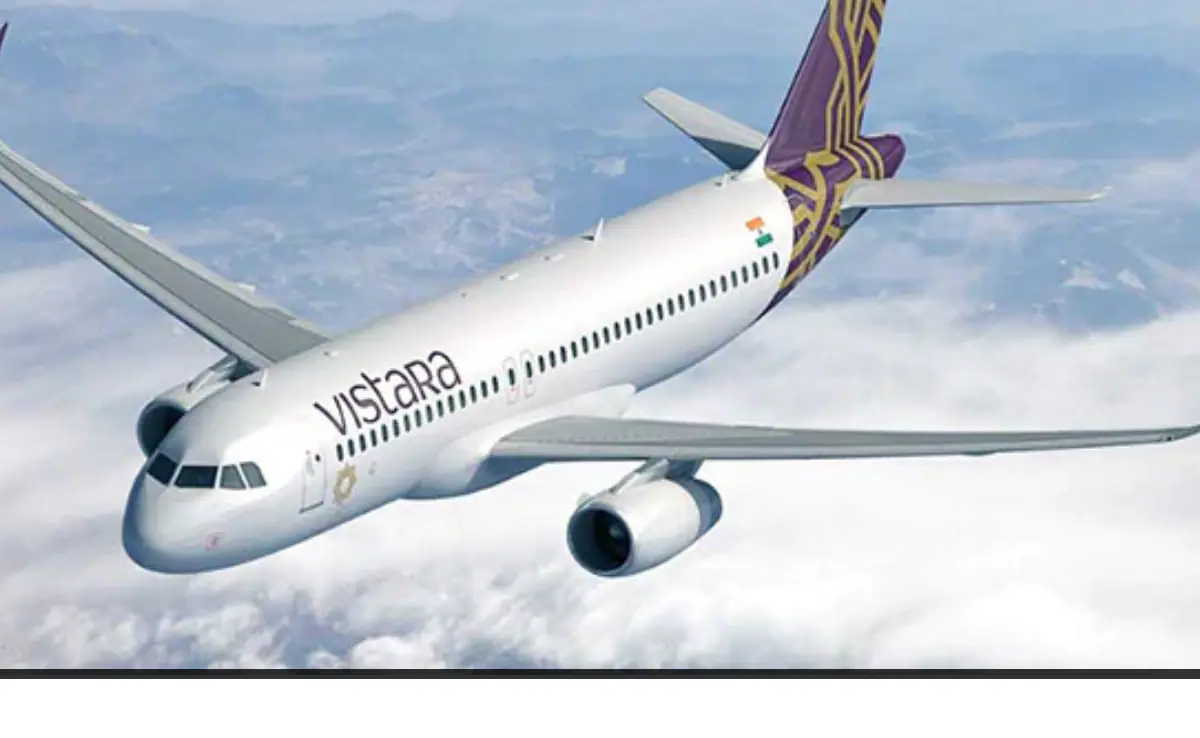The Highlights:
Two bomb threats to Indian commercial flights have raised major concerns over aviation security once again. Hoaxes on both occasions involved Vistara‘s Delhi-London flight and Air India Express’s Dubai-Jaipur route where both flight diversion took place after following emergency protocols. Though the incidents of threats involved were proved to be a hoax, this significant failure of the latest trend indicates dangerous implications for air travel safety.
Vistara’s Delhi-London Flight Diverted to Frankfurt
On 18 October 2024, Vistara flight UK17, while heading from Delhi to London, was diverted to Frankfurt on a bomb threat surfacing on social media. A bomb threat on social media sounded the alarm immediately, and the plane was diverted for an emergency landing at Frankfurt Airport. The airline said pilots followed standard safety procedures, and no passengers on board the 290 people suffered injuries. The German authorities had a close inspection of the Boeing 787 and found nothing to their relief.

This bomb alarm hoax shared a similar trend in most recent cases. Such alarms, even if false, create havoc among passengers and airline operations. Moreover, such incidents expose the difficulties of airlines while trying to balance security with avoiding unnecessary hysteria. The Vistara flight, subjected to long hours of tests, resumed its journey, and passengers were accommodated on alternative arrangements to proceed to their destination.
Air India Express Hoax: Dubai to Jaipur Flight
On the same day, hoax bomb threat was reported against Air India Express’s Dubai-Jaipur flight. The plane with over 170 passengers was subjected to emergency response procedures when the authorities informed them about the bomb on board. Like the Vistara aircraft, no dangerous substance could be detected following a meticulous search; consequently, the flight was pronounced safe.

This incident, part of an alarming increase in false threats, shows how the force that was developed for a unique purpose has now become very vulnerable with a rise in hoaxes. These situations do a great deal of stress to the airliner’s personnel and its passengers and lead to delays, diversions, and increased nervousness.
Rising No. of Aviation Hoaxes: A Matter of Concern
Bomb scares are no isolated incidents. They are part of an emerging trend that has marred air travel in the last few months. The number of such hoaxes continues to rise globally as several air carriers have been compelled to deal with threats that ultimately prove groundless. Experts assert social media is an important channel through which the threats are nowadays conveyed. More and more platforms are turning out to be venues for anonymous people to cause panic with minimal repercussions. The security personnel had to respond once they received the threat as in the case of the Vistara flight. This has led to considerable changes in travel plans for thousands of passengers.
Although these threats proved to be a hoax, they clearly demonstrate an openness in the airline industry. Airports and airlines are in high alert every minute for the safety of passengers as results in thorough inspections and even emergency landings at the drop of a hat whenever there is a perceived threat. This safety check, though necessary, tends to really disrupt travel plans, as has been witnessed recently with these threats.
Impact on Airlines and Passengers
Bomb threats pose a logistical and financial headache for airlines. Diverted flights, emergency landings, or detailed inspections may result in delays, increased costs of operation, and claims for compensation by passengers. In addition, reputations can be seriously and lastingly damaged by such scares-the consequences to customer confidence in the safety measures of the airline.
Passengers also feel extreme anxiety not knowing whether the threat is legitimate or a fraud. They also suffer frustrated schedules in traveling due to the diversion and delay of flights. More often than not, passengers miss scheduled flights or even critical appointments or personal engagements. These frequent events leave airlines and travelers with a big challenge: increased security checks and more scrutiny.
What to Expect: Security Enhancement
As bomb scares and hoaxes are on the rise, increasing safety measures on airlines, as well as pressure against security officials, becomes more daunting. Better detection tools through technology, improved avenues of communication between security agencies, and higher standards for online platforms are some of the preventive measures that may be taken to prevent these incidents. The authorities also want legal action to be taken against those who allow this false information to spread and thus prevent such incidents from taking place in the near future.
As air travel more and more continues to bounce back after the pandemic, vigilance has to remain paramount for both airlines and passengers. While these events haven’t posed any real threat of danger, they are an important reminder about the risks that lie behind aviation. Swift response and following of safety protocol by Vistara and Air India Express suggest that the airline industry is prepared for this menace, but at its roots – hoaxes menace – continues to plague.
For Latest News Updates Click Here
